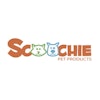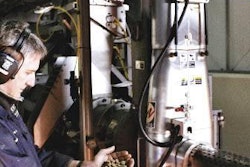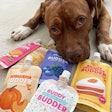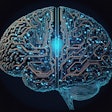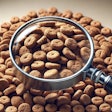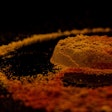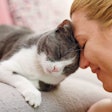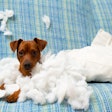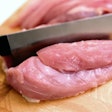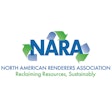About this time five years ago, the cloning of the first domestic cat set off a lot of buzz and controversy. Now the company behind all that, Genetic Savings and Clone, is out of business, according to its website. But people wishing to preserve their pets' DNA for possible future cloning have several other companies to turn to, some of whichViaGen and Cyagra, for example are involved in cloning livestock.
These animals are at the center of the latest round of the clone wars, a battle jump-started by the US Food and Drug Administration's (FDA) announcement at the end of 2006 that it considers products from cloned livestock safe for human consumption. The agency's draft risk assessment that meat and milk from clones of adult cattle, pigs and goats (and their offspring) are "as safe to eat as food from conventionally bred animals" could pave the way for approval of the sale of such products (see www.fda.gov/cvm/cloning.htm). If this happens with food for humans, is it a stretch to imagine products from cloned animals going into petfood?
Not a done deal
The FDA announcement by no means ensures we'll soon be eating steak or drinking milk from cloned cows, let alone that our pets will. The agency will collect public comment on the draft risk assessment and its related documents for 90 days, then weigh that and other input in releasing a final report, expected by the end of the year. Even if that leads to approval of the sale of meat and dairy products from cloning, those products wouldn't appear in supermarkets for at least five years, experts say.
Proponents of cloning insist it's just one more tool, like artificial insemination, to help farmers breed their best animals and pass along desirable traits such as disease resistance and higher-quality meat. Because cloned animals are still rare and worth a lot of money, any food resulting from cloning would probably come from sexually reproduced offspring and descendents of clones (see www.agweb.com).
Unfavorable ratings
Consumers' perspectives, however, still seem to lean negative:
A 2006 study from the International Food Information Council (www.ific.org) shows that 59% of US adults give animal cloning an unfavorable rating, 46% are unfavorable toward the use of cloned animals for breeding and 58% say they're unlikely to purchase foods from cloned animals or their offspring.
NationalGeographic.com reports a December 2006 survey by the Pew Initiative on Food and Biotechnology showing that 64% of respondents are uncomfortable with animal cloning and 43% believe "cloned food" is unsafe.
A 2006 survey by the International Dairy Food Association (www.idfa.org) found that 14% of women shoppers would boycott all dairy products if milk from clones is introduced into the food supply.
Would people feel the same about their pets' food? My guess is yes. And questions over approval and acceptance don't end at US borders; if products from cloning enter the US human or petfood supply, what would that mean for their exportation prospects?
Another FDA notice
Despite the ethical and safety concerns, I don't believe this issue is likely to go the way of pet cloning: a fleeting, well-hyped trend or quirky extravagance. (As much as I miss my recently deceased cat, I wouldn't go to the trouble or expense of cloning her or banking her DNA.) It will bear watching whether food products from cloned animals end up on retail shelves.
Meanwhile, the FDA has also announced approval of Pfizer Inc.'s Slentrol, the first prescription weight-loss drug for dogs. So perhaps a more immediate concern for the industry is how pet owners are overfeeding products currently on the shelves.

